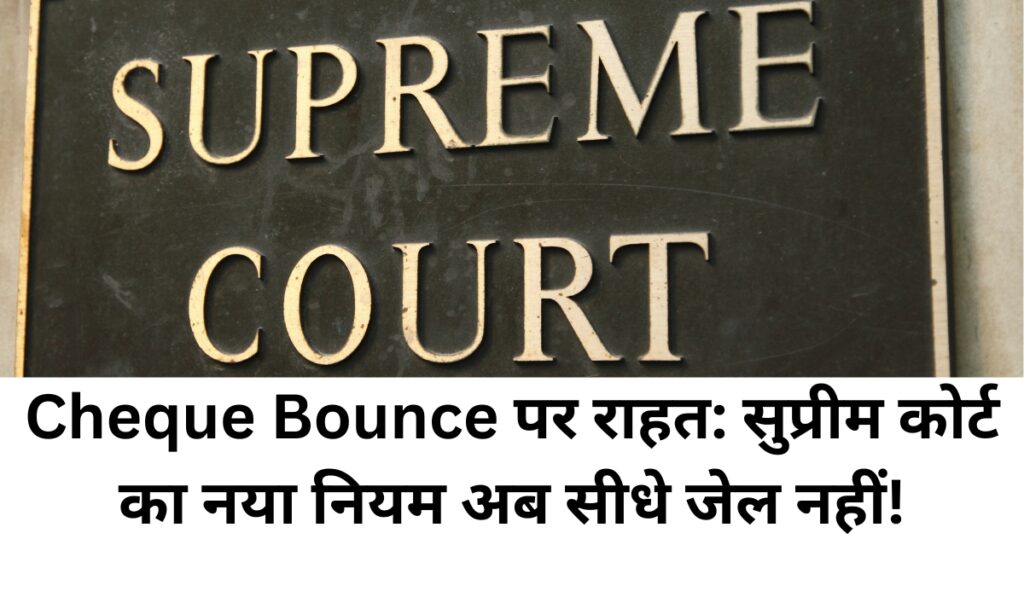Cheque Bounce Law in India – Legal Procedure, Time Limits & Supreme Court Judgments
Introduction: Understanding Cheque Bounce in India Cheque bounce is one of the most common financial offences in India and is taken seriously by the legal system. The act of bouncing a cheque due to insufficient funds or incorrect information can lead to both civil and criminal liabilities under the Negotiable Instruments Act, 1881. Cheque Bounce […]
Cheque Bounce Law in India – Legal Procedure, Time Limits & Supreme Court Judgments Read Post »































